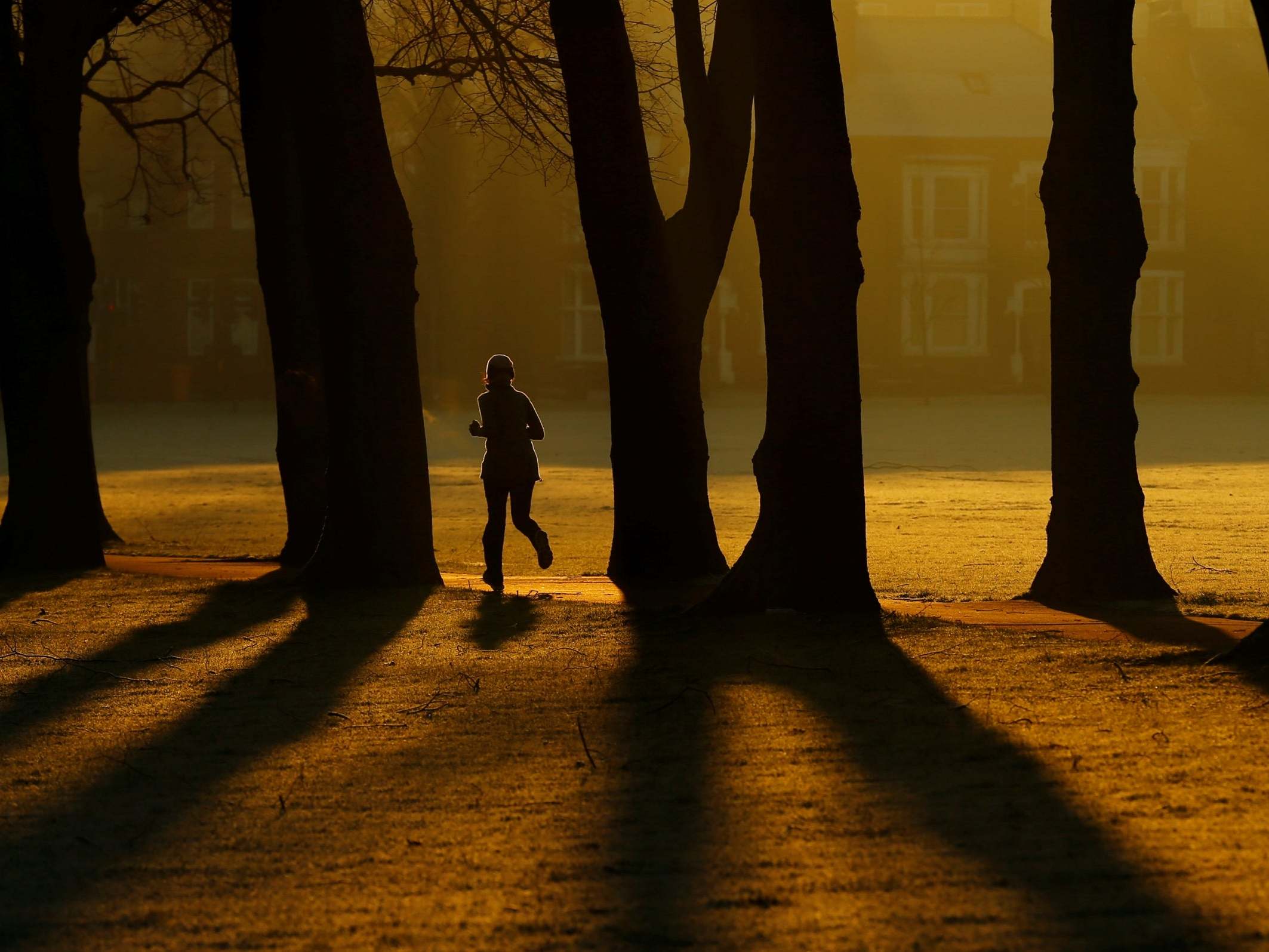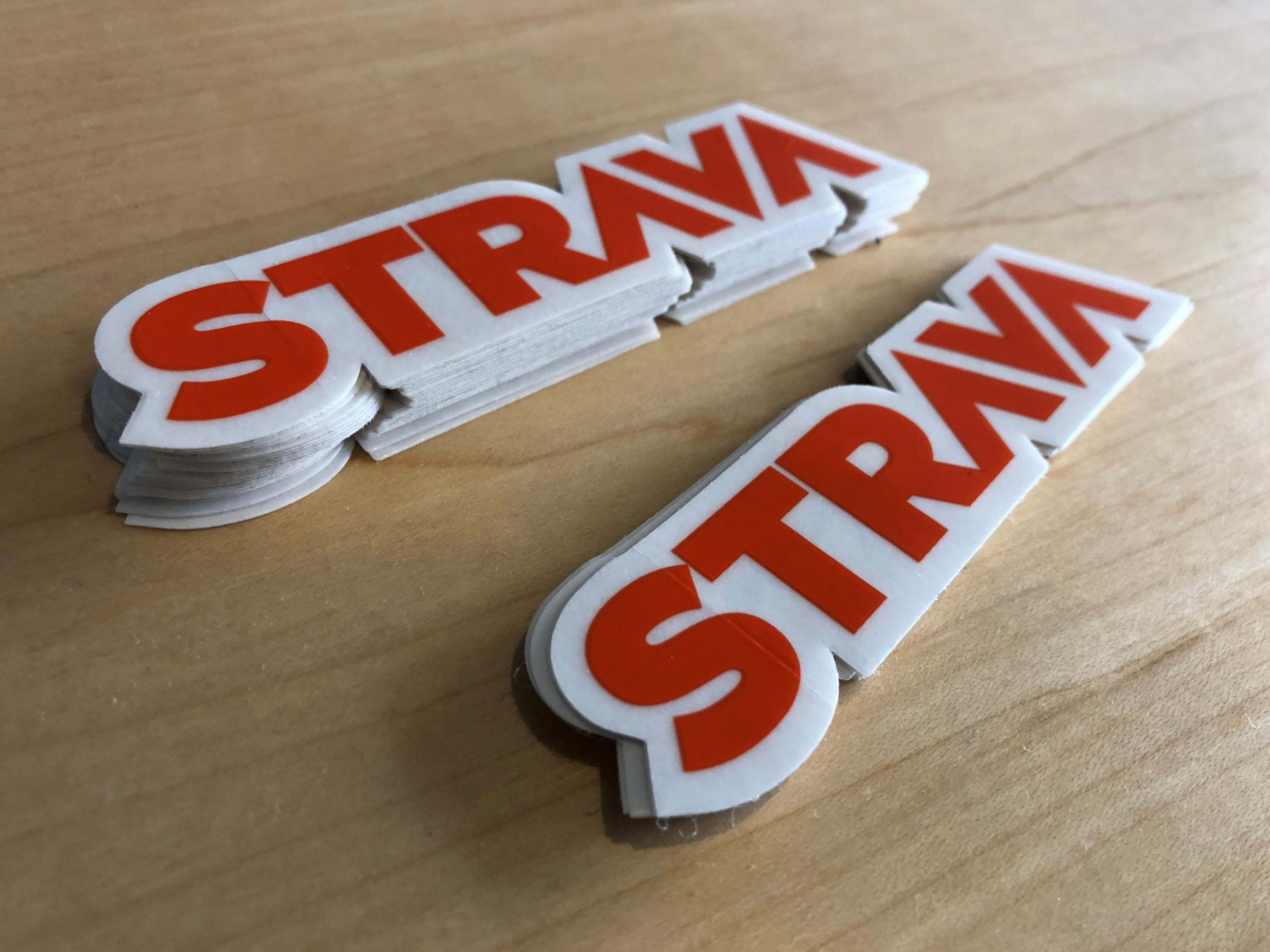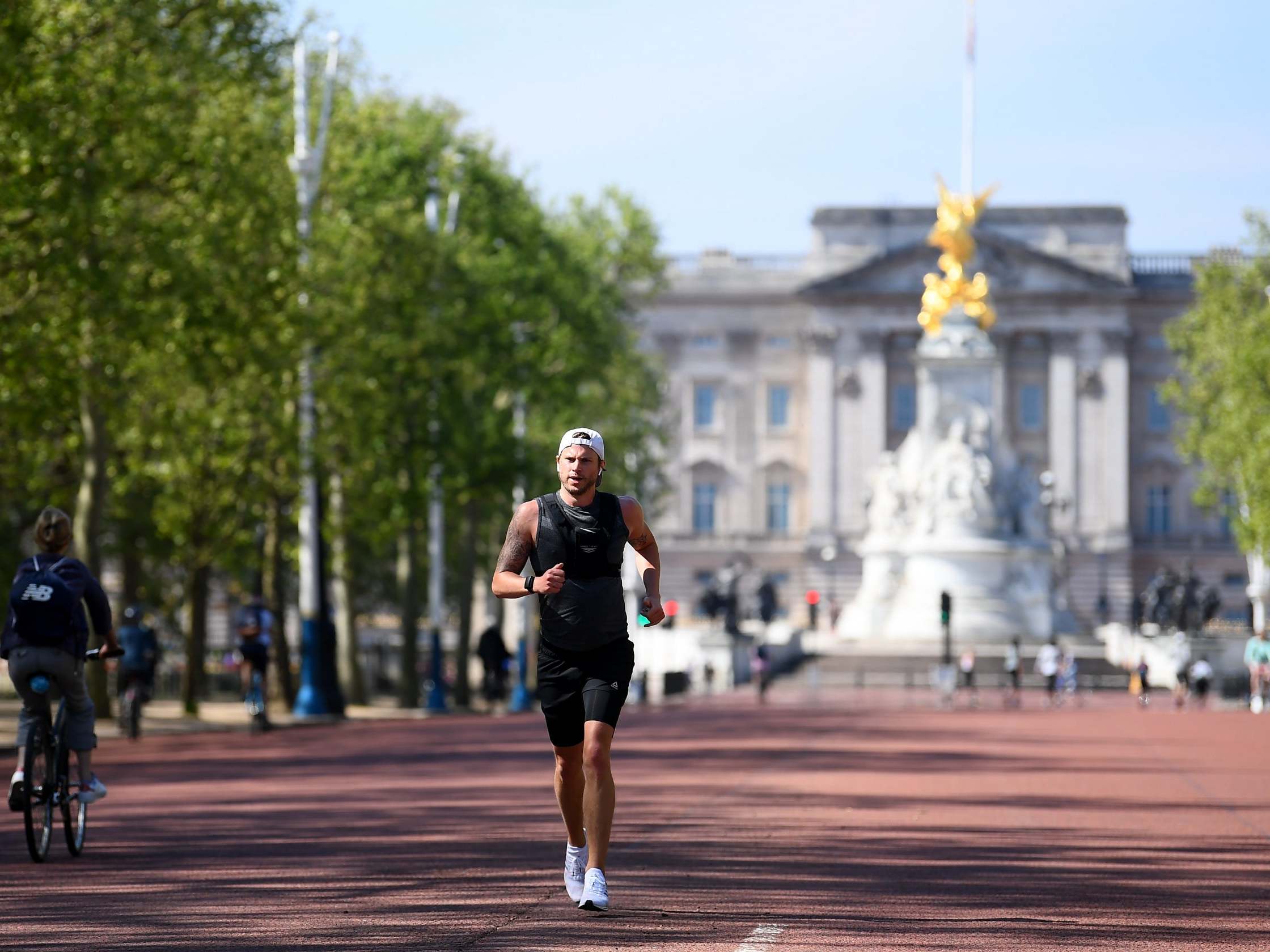The story of the Ross Barkley 5k challenge and the original ‘Strava W***er’
Runners across the country are busy clocking 5k personal bests all under the watchful eye of one revealing Twitter account. Vithushan Ehantharajah speaks to the person behind it


Your support helps us to tell the story
From reproductive rights to climate change to Big Tech, The Independent is on the ground when the story is developing. Whether it's investigating the financials of Elon Musk's pro-Trump PAC or producing our latest documentary, 'The A Word', which shines a light on the American women fighting for reproductive rights, we know how important it is to parse out the facts from the messaging.
At such a critical moment in US history, we need reporters on the ground. Your donation allows us to keep sending journalists to speak to both sides of the story.
The Independent is trusted by Americans across the entire political spectrum. And unlike many other quality news outlets, we choose not to lock Americans out of our reporting and analysis with paywalls. We believe quality journalism should be available to everyone, paid for by those who can afford it.
Your support makes all the difference.It all began alongside a reservoir some five years ago.
As a regular route for joggers, this path adjacent to the water had become a “segment” on the fitness tracking app, Strava – a portion of a route where runners can compare times with others on the network. They can become a bit of an obsession, and this was no different when a local teenager nabbed “the crown” for this half-mile stretch.
One older particularly stubborn runner was so desperate to break this time that, having established he could not do so himself, enlisted the help of a friend to try and game the system. After sprinting the first half, he passed his Garmin watch to his partner, like a baton, who sprinted the second.
His daughter was used to this kind of behaviour. The pair, voracious runners, would often go out together and, all of a sudden, he would dart off before slowing down further ahead. She would ask him what he was doing and his response was always the same: “There was a segment there.”
But the reservoir relay dash was a step too far. So, in April 2015, she decided to open up a Twitter account as “a bit of a pisstake” of him and others at their local running club. And thus, @StravaW***ers was born.
“My dad was the original ‘Strava W***er’,” beams Annie (Annie’s name has been changed to protect her identity). “It started out as just silly things like people tracking themselves mowing the lawn. I posted once a month. Just funny little things really. At the beginning of March we had about 20,000 followers. It’s gone a bit mental now.” That might be something of an understatement.
At the time of writing, @StravaW***ers is approaching 46,000 followers. Each day Annie receives dozens of requests from people to publicly name and shame those using the app to boast about their running times, often via screengrabs on Instagram. Like other parody accounts such as @StateofLinkedIN, its popularity is based on exposing unnecessary falsehoods. When it comes to Strava, the biggest fib centres on the difference between two measures – “moving” and “elapsed” time.

Strava records two times when an activity is taking place: moving time (the amount of time spent running, cycling or swimming) and elapsed time (the length of the entire session). While you can pause the recording, the “elapsed time” only stops when the session is closed.
Pausing is very useful for keeping tabs on your times when you are having to stop at traffic lights or tie your shoelaces. But it can also be used to give the impression that you have run faster than you have outside of the app through screenshots of an interface that does not include elapsed time. Because of the pausing, the average speed per minute is the same. Only when you access a person’s profile on Strava will you get the full picture.
That particular brand of Strava sneakiness has been on the rise with “Run for Heroes 5K Challenge” in which you run five kilometres, donate £5 to the NHS and then nominate five others to do the same. “There have been a suspicious number of sub-20 5Ks,” says Annie, who competes in triathlons in her spare time and appreciates the graft needed to produce such a time. The most famous of these was by Premier League footballer Ross Barkley.
On 16 April Chelsea’s Twitter account posted a screenshot of Barkley’s Strava which showed he had run just over 5K in 16 minutes 11 seconds. However, his elapsed time was found to be in excess of an hour. While Barkley did not boast about it himself, former professional footballer Joey Barton outed the 26 year-old while tagging in @StravaW***ers.
And so, “the Ross Barkley 5K challenge” was born. Users now have until the end of April to send it interval runs disguised as 5Ks, often downhill, to see who can “set” the fastest personal best. The current leader is Richard McDowell with “10 minutes 57 seconds”.
Though it may strictly be for banter purposes, @StravaW***ers is just one of a number of examples of how the running community have come together during the coronavirus pandemic. This lockdown has come at the worst time.
Marathon runners, for example, were about to hit the spring-autumn cycle which was due to begin with the London Marathon on Sunday. The months of gruelling training, sacrifice, and in some cases fundraising, have gone out of the window. Some are lost without the closure of a finishing line.
Some went out on Sunday to run their own races, while the London Marathon is encouraging people to run 2.6 miles as part of a scheme to support charities who have been drastically affected by the lack of fundraising events at the moment.
For serious racers there are a number of virtual races and online challenges to help them tick over, and also the opportunity to redefine themselves as runners. Andy Wren, a full-time running coach based in London, believes many will emerge as superior athletes.
“There are different elements to exploit in this difficult situation,” says Wren. “You can improve on your weaknesses. For instance, runners often neglect strength work and stretching. While races are on hold, this is the chance to catch up. It’s also the chance to share information with other runners.”
That last part is something Wren has been encouraging. His athletes, who are used to being dealt with separately, now converse in group chats to compare notes or simply for like-minded company. He also sees positives for himself, with more personal conversations giving him a finer picture of individuals.

“Before most of our conversations were over WhatsApp. You can’t hear someone’s tones or inflections. But setting up new routes of contact with people, you get a better idea of who you are dealing with and more nuance into their behaviours and psyche. It’s making me a better coach.”
That encouragement, really, is all that matters right now. A Sport England research shows 38 per cent of adults in England are doing less exercise than normal during lockdown, despite 63 per cent appreciating exercise has never been more important. Running in particular has a positive impact on mental health particularly dealing with stress, anxiety and depression.
It is why Annie, for all the love she gets on social media for calling out those who are fudging their numbers, is keen to self-police when it comes to @StravaW***ers.
“If I post something and someone DMs me telling me to take it off I always delete it. If anybody sends me anything and, say, it’s a screenshot, I check on Strava to see if they have a public account where anyone can see it anyway. If it turns out to be private then I don’t post it.”
Indeed, the last thing she would want is for the account to put anyone off running.
“The idea behind a Strava W***ers is the unnecessary boasting and lying. There should be no shame in running. If you go out and do a 5K and it takes you an hour, then it takes you an hour. We all started somewhere and we should all be proud of that.”
Join our commenting forum
Join thought-provoking conversations, follow other Independent readers and see their replies
Comments